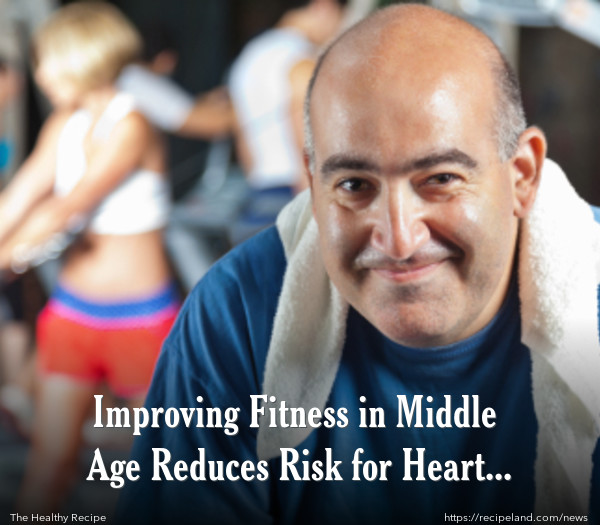We’ve all heard the Benjamin Franklin saying that “an ounce of prevention is worth a pound of cure.” This could not be more true when it comes to the benefits of exercise for heart health. No matter how old or unfit you may be, there is still time to get active to help protect your heart. High body mass index (BMI) and obesity are directly linked to heart disease and even heart failure later in life.
New research studies have found that getting fit during middle age - even if you are over-weight and out of shape in your 40’s and 50’s - dramatically lowers your risk of suffering from heart failure down the road.
Heart failure, or cardiomyopathy, is a serious life-threatening condition that happens when the heart can no longer pump enough blood throughout the body. The U.S. Centers for Disease Control and Prevention claim that within five years of heart failure diagnosis, nearly 50% of cardiomyopathy patients die from the disease. In the U.S., one out of five adults will develop heart failure – which is the main causes for chronic re-hospitalizations in older patients.
This recent study followed over 9,000 cases of middle-aged adults, assessing their levels of physical fitness at the beginning, and 8 years into, the study. Researchers also crossed matched these patients’ hospitalizations for heart failure 18 years later. They found that people in their 40’s and 50’s whose fitness levels had improved reduced their risk of heart failure nearly two decades later.
Another study from 2012 found that middle-aged men who stayed fit and maintained a healthy weight reduced their risk for atrial fibrillation (AF), an arrhythmia that can lead to heart attack, by nearly 25%.(1) This supports the new research, showing just how much difference moderate exercise can make on long term heart function and overall cardiovascular health.
The American Heart Association recommends a minimum of 30 minutes of exercise every day.(2) That’s really all it takes for you to commit to keeping your heart healthy by getting fit.
As difficult as it may seem to find the time to exercise, remember that you do not have to have a gym membership or go for a run every day to get in shape. There are several ways to increase your fitness without feeling like you must constantly be working out. When feasible, opt to take the stairs instead of the lift. Go for a brisk walk for 30 minutes every day, or as often as you can.
If you are suffering from a bad back, arthritis, or any other condition that makes you feel unable to exercise, discuss possible options with your physician. Swimming can be very easy on the joints, and is a great way to get fit. Gentle yoga is an excellent way to strengthen your muscles and learn proper breathing techniques, whether you are already in shape or severely obese.
Find whichever exercise routine works for you and stay at it. Your heart will thank you for it.
(1)Grundvold, I., Skretteberg, P., Liestøl, K., Gjesdal, K., Erikssen, G., Kjeldsen, S., & ... Bodegard, J. (2012). Importance of physical fitness on predictive effect of body mass index and weight gain on incident atrial fibrillation in healthy middle-age men. The American Journal Of Cardiology, 110(3), 425-432. doi:10.1016/j.amjcard.2012.03.043
(2)https://www.heart.org/en/healthy-living/fitness










Comments